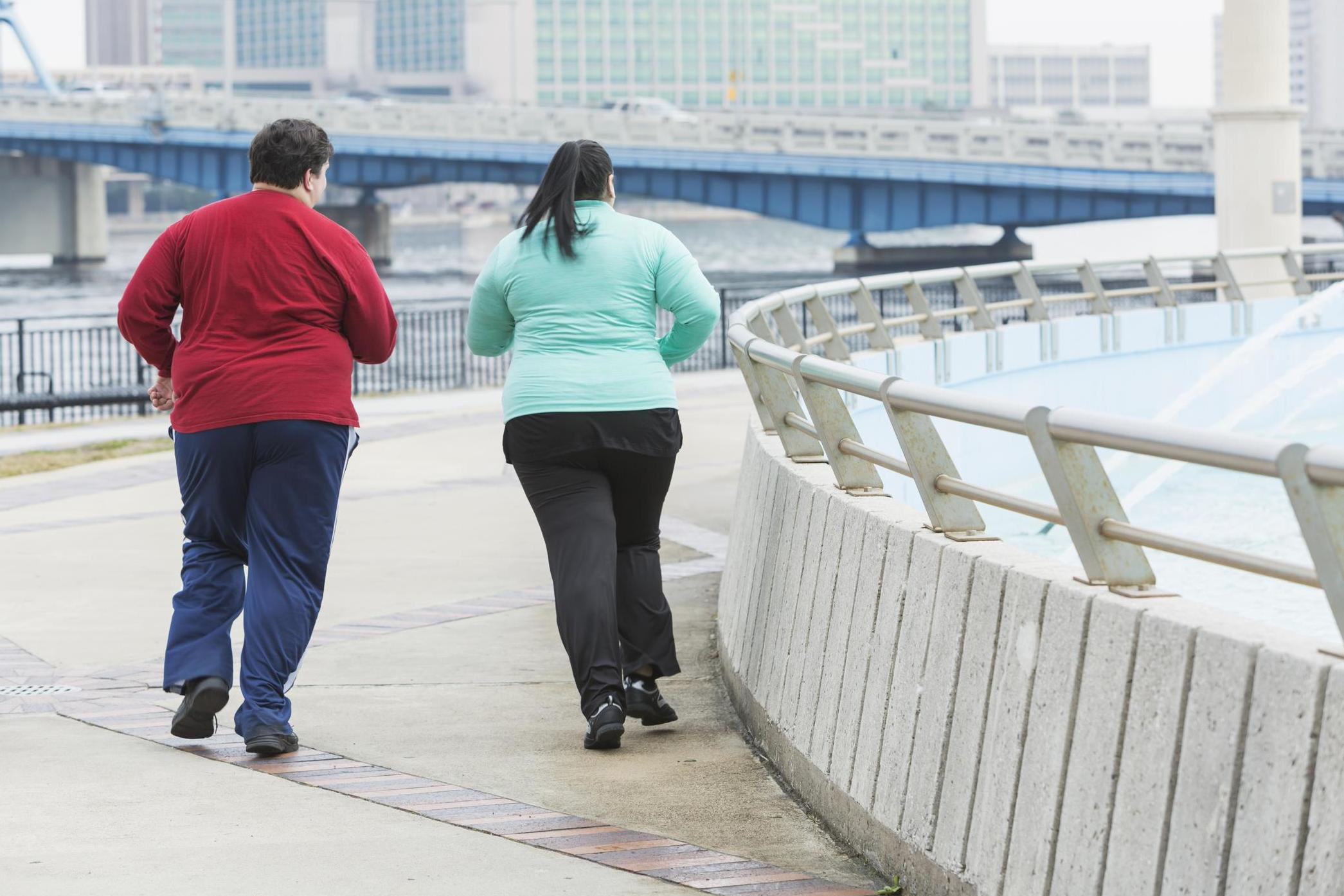How our unequal society makes it harder for us to live long and healthy lives
It's not just smoking, drinking and failing to do any exercise that shortens lives – the communities we live in also affect our ability to make healthy choices

Your support helps us to tell the story
From reproductive rights to climate change to Big Tech, The Independent is on the ground when the story is developing. Whether it's investigating the financials of Elon Musk's pro-Trump PAC or producing our latest documentary, 'The A Word', which shines a light on the American women fighting for reproductive rights, we know how important it is to parse out the facts from the messaging.
At such a critical moment in US history, we need reporters on the ground. Your donation allows us to keep sending journalists to speak to both sides of the story.
The Independent is trusted by Americans across the entire political spectrum. And unlike many other quality news outlets, we choose not to lock Americans out of our reporting and analysis with paywalls. We believe quality journalism should be available to everyone, paid for by those who can afford it.
Your support makes all the difference.On Tuesday last week, Public Health England published a study which showed that four out of five adults have hearts that are more damaged than they should be for their age, putting them at greater risk of early death. Reactions to the study placed the responsibility for turning this around firmly on the shoulders of the individual. Eat healthily, smoke less and exercise more, and your heart will be healthier, people were told.
Yet, just a day later, analysis by the Food Foundation showed that almost 4 million families live in low-income households, struggling to afford the healthy food required to meet basic guidelines on good nutrition. Eating a more healthy diet is not, this reminds us, a choice that is open to everyone.
Rushing to blame the individual for the major public health issues facing the country obscures a bigger picture: the social factors that shape people’s behaviour, and the “causes of the causes” of ill health. These arguments fail to capture the very real health inequalities that pervade society; a woman born between 2014 and 2016 in the Orkney Islands, for example, can expect to live through 18 more years of good health than a girl born in Manchester.
As Professor Sir Michael Marmot has shown in his work on this “health gap”, our individual choices are constrained by the conditions in which we are born, grow, live, work and age.
It’s not as simple as taking on board advice to eat five portions of fruit and vegetables a day. The greatest influences on our health and wellbeing are wider social determinants such as the quality of housing and education, our local surroundings, the public transport links in our area, the money and resources available to us and, of course, access to health and affordable food.
Too often, this more complex picture is overlooked. The connection between two interlinked stories in the news – our nation’s poor heart health, and the fact that low-income families can’t afford good food – is rarely made.
Recent polling conducted by Ipsos Mori for the Health Foundation suggests that this constant focus on individual responsibility for good health is having an impact on public perceptions of how people can live healthier lives. The polling shows that 86 per cent of the UK public thought the individual has a “great deal of responsibility” for ensuring people stay healthy. In contrast, just 17 per cent thought the national government had a great deal of responsibility, with only 13 per cent seeing local councils (who make many decisions about public health) as having a great deal of responsibility.
Despite what we already know about the long chain of causes and consequences in people’s lives that lead to unhealthy behaviour and early death, that same poll also found that the majority of people think it is “very easy” or “fairly easy” for people to change their behaviour and improve their health. This narrative risks preventing action being taken on the wider social factors that impact on our health.
To encourage both the public and politicians to think differently about the causes of ill health, we must all accept that there are limits to personal responsibility and recognise how the environment around us influences our choices. Only once we all recognise this will policymakers begin to implement the changes necessary to make the UK a much healthier place to live.
Jo Bibby is director of health at the Health Foundation
Join our commenting forum
Join thought-provoking conversations, follow other Independent readers and see their replies
Comments